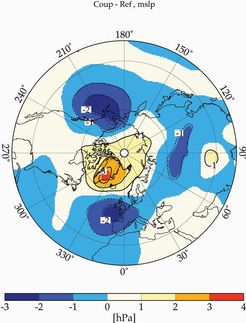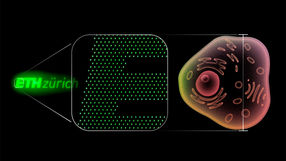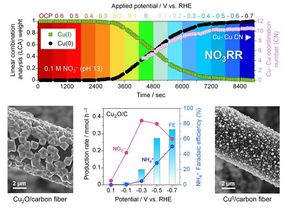Supra-molecular chemistry yields new materials with outstanding properties
Advertisement
Broken or cracked rubber that can self-heal simply through new contact, ultra-tough bitumen laid at 140°C instead of 180°C, easily-molded plastics with superior mechanical strength and chemical stability, and hotmelt glues from vegetable origin all have one thing in common: they are based on the concept of supramolecular chemistry, a promising branch of chemistry that offers a major improvement potential for everyday applications. Arkema, a partner in this research, is one of the first manufacturers poised to offer products derived from this chemistry in the near future. A paper in the magazine Nature entitled «Self-healing and thermoreversible rubber from supramolecular assembly» reports on the discovery of a new rubber which features the unique property of being «self-repairing» or «self-healing». This material is the fruit of research work conducted in the «Matière Molle et Chimie» Laboratory, a mixed research unit between CNRS and ESPCI (Ecole Supérieure de Physique et de Chimie Industrielles) run by Professor Ludwik Leibler, a former colleague of Pierre Gilles de Gennes, 1991 Physics Nobel Prize. Today, Arkema, as a key industrial partner in this research, in particular through its expertise in nanostructured materials, is entering the phase of commercial development for several materials derived from this research. This new approach to the chemistry of materials is opening up the way to wide-ranging innovations and developments. Materials can indeed be developed from small molecules derived from vegetable oils, and be processed or applied at low temperature, with a behavior in the solid state that is typical of a polymer with large molecular chains, e.g. sturdiness and strength. Another typical application is the example of an existing conventional polymer which is modified by integrating these temporary bonds, and so will be able to combine excellent fluidity at processing temperature with outstanding properties in the solid state, which are identical to, if not better than, those of an existing non-modified polymer. Yet another highly promising application can already be envisaged for bitumens laid on high-traffic carriageways: these specialty bitumens are modified with polymers which make them more hard-wearing, albeit to the detriment of their viscosity; they then have to be heated at high temperature (180°C) for a long period of time for their preparation and application, which are highly energy-intensive operations. By adding to the bitumen an additive of vegetable origin derived from supramolecular chemistry, it is possible to lower to 140°C the temperature needed to heat up these bitumens prior to application while keeping their mechanical strength, and facilitate their recycling. «This work into supramolecular chemistry shows how collaboration between fundamental research and application-oriented industrial research can lead to major innovations in the field of materials. Supramolecular chemistry is a concept now poised to become an everyday reality. Eventually, this new aproach will yield significant benefits for everyday applications: one can imagine all kinds of articles that could be reused after breaking or cracking thanks to the «auto-healing» process, or polymers, or even varnish or adhesive formulations of vegetable origin which will be processed or applied at relatively low melting temperatures and will afford major energy savings» Christian Collette, Arkema R&D Vice President, states with confidence.



























































